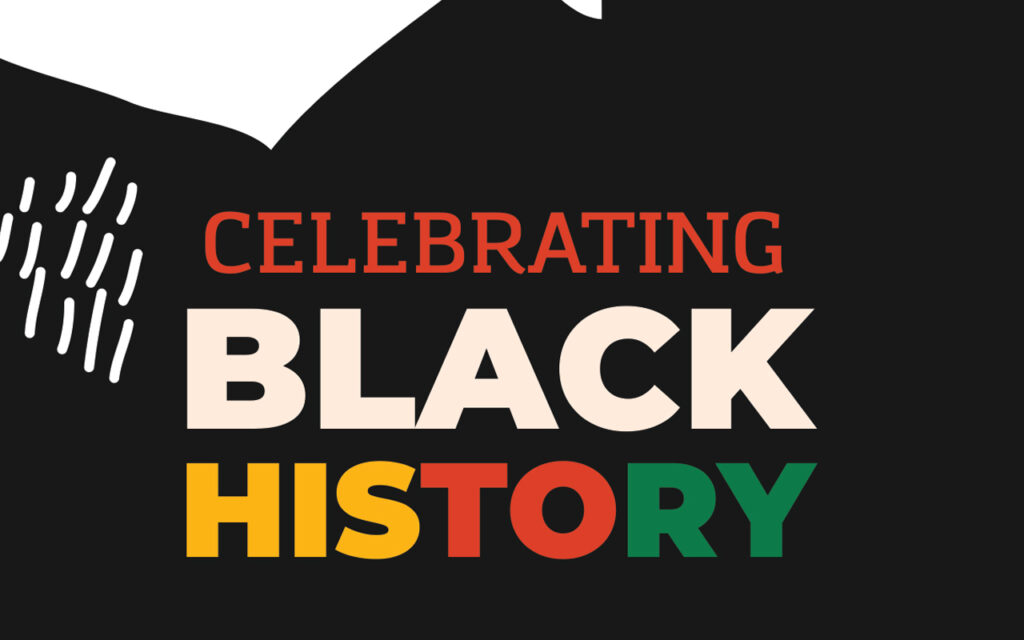Story by Damion Anglin
How much do you actually know about the celebration of black history month? Is it something you actively recognize or celebrate and what do you know of its origin? Black History Month has global significance and is an important part of international black culture.

Black History Month seeks to shine a light on the achievement of black people in traditional and modern history. February is widely recognized for the celebration of Black History Month and is observed predominantly in the United States, Canada and the United Kingdom. It first came to be in 1926, initially being observed as Negro History Week, led by Carter G. Woodson who is known to be the “Father of Black History”. With the constant narrative always surrounding racism and slavery, it was important to include into the discussions, conversations highlighting the history of black people and the celebration of their achievement. Woodson selected February as the month to recognize black history as it coincided with the birthdates of two gentlemen noted as playing a significant role in the end of slavery; former US President Abraham Lincoln and social reformer Frederick Douglas.

Recognition of the week’s celebration began to become popular in many cities across the United States which led to many college campuses engaging in month long celebrations. The first official recognition of Black History Month however came in 1976 when US President Ford acknowledged it in a speech and encouraged Americans to honour the neglected achievements of Black Americans. Since then, it has been recognized by every subsequent sitting US President which led to Congress passing “National Black History Month” into law in 1986.
Black History Month was important as it served as a way of teaching younger generations about the contributions of black people across history as these stories had widely been neglected in the national narrative. Since then, increasing recognition has been placed on the activism and achievement of black people across the world. While the United States and Canada observe the month in February, the United Kingdom, Netherlands and Ireland celebrate the month in October. For some countries, the month initially highlighted Black American history but has now moved to incorporate the celebrations of their own black natives.

In Jamaica, there have been several debates about the relevance of celebrating Black History Month. February, which coincides with the birthdates of Legendary Jamaican musicians Bob Marley and Dennis Brown, is recognized here as Reggae Month; a celebration of the rich musical and cultural history of Jamaica and the pioneers who contributed to its success. But where does Black History Month stand in comparison to our Reggae Month Celebrations? Well, the predominantly recognized celebration here is Reggae Month, though from time to time there may be aspects of Black History intertwined into its celebrations. Black History primarily focuses on the life of Martin Luther King and other significant black inventors and activists. In Jamaica, we celebrate the contributions of our Heroes in October with our Heroes’ Day celebrations and find other ways to recognize other significant contributors to the Jamaican history.
Notwithstanding the difference in historical stories, the international contribution and achievement of black people have created global impact with the inventions, innovations and advancements that have created conveniences which we enjoy today. Whether you create an official celebration out of the month, the awareness and recognition of black achievement in history needs to be more pronounced in the everyday expression of our African ancestry. As Africans, African Americans and Caribbean people, there is no denying our connective black lineage. Let’s keep black history alive.

